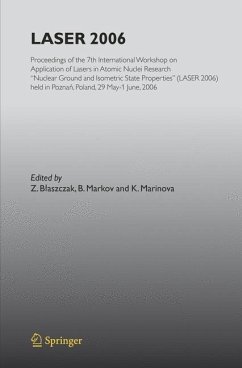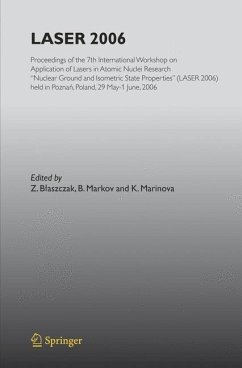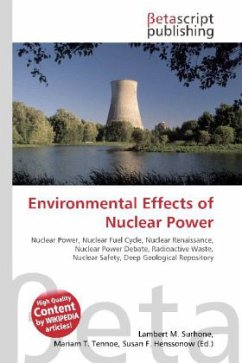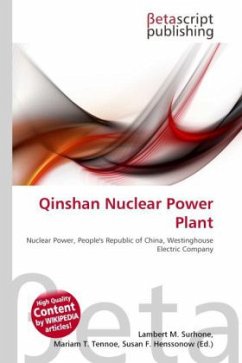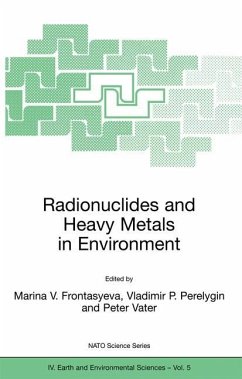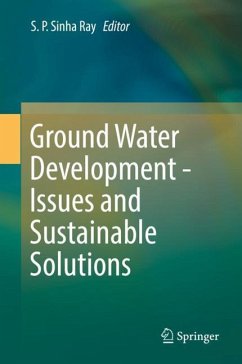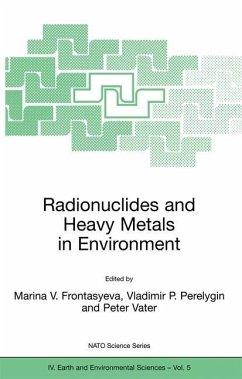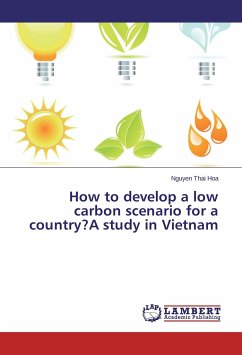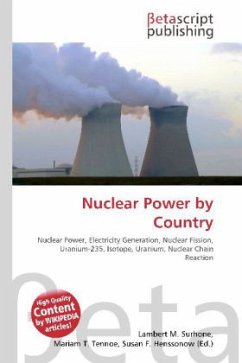
Nuclear Power by Country
Versandkostenfrei!
Versandfertig in 6-10 Tagen
32,99 €
inkl. MwSt.

PAYBACK Punkte
16 °P sammeln!
Please note that the content of this book primarily consists of articles available from Wikipedia or other free sources online. Nuclear power is a method for generating energy by harnessing the unstable nature of the atomic nuclei of the heaviest chemical elements. Nuclear fission occurs when any fissile material, such as uranium-235, an isotope of uranium, is concentrated. This causes a nuclear chain reaction, which releases large amounts of heat, boiling water and producing steam, which can drive a steam turbine. Although nuclear power generates many megawatts of power, the risks perceived b...
Please note that the content of this book primarily consists of articles available from Wikipedia or other free sources online. Nuclear power is a method for generating energy by harnessing the unstable nature of the atomic nuclei of the heaviest chemical elements. Nuclear fission occurs when any fissile material, such as uranium-235, an isotope of uranium, is concentrated. This causes a nuclear chain reaction, which releases large amounts of heat, boiling water and producing steam, which can drive a steam turbine. Although nuclear power generates many megawatts of power, the risks perceived by spent nuclear fuel that many regard as "waste" along with high initial costs to build such plants often make it a controversial choice. As a result, different nations have very different attitudes towards nuclear power; some, such as France, generate most of their electricity by nuclear power. Others, such as Belgium, are planning to decommission all of their nuclear power stations. Still others are reconsidering their decommissioning and are planning on starting a revived nuclear industry, such as Italy.



